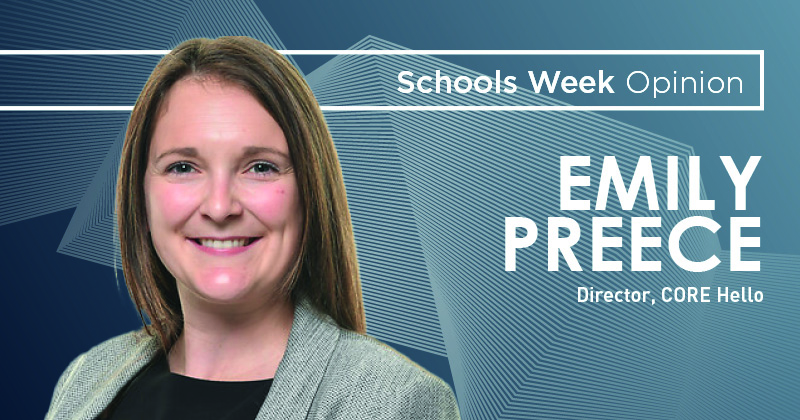The High Court this week dismissed a claim from a pupil at Michaela Community School who had challenged a policy that restricted prayer rituals and led to a dispute on the right to pray in schools.
The rights of the individual in relation to school policies is an area that we are seeing an increasing amount of challenge in our casework at Edapt.
This includes both pupils and staff members asserting that school policies may be breaching their personal rights.
What were the key challenges to the policy?
The principal challenge in the Michaela claim was the decision of the school to prohibit pupils from performing prayer rituals on the premises.
This had initially been introduced as an interim measure by the headteacher, but was later ratified by the governing body into a formal policy. The policy applied to all prayer rituals regardless of religion.
The pupil, who is Muslim, challenged the implementation of the policy on the grounds that it contravened the European Convention of Human Rights (ECHR) and the Equality Act 2010 (EA).
What were the key arguments?
The pupil’s case against the policy focused on three separate grounds.
- The policy breached her right to freedom to manifest her religious beliefs under Article 9 of the ECHR.
- The policy indirectly discriminated against Muslim pupils, contrary to the EA.
- The school failed to have due regard to the public sector equality duty (PSED) under the EA.
In response, the school made the following arguments for each claim.
- The policy did not interfere with the pupil’s freedom to manifest her religious beliefs as Islam permits Muslims to ‘make up’ missing prayers later in the day. Even if this were not the case, the school argued that the pupil chose to join a secular school which made clear its strict behavioural regime and that she would be free to transfer to another school that permits prayer if she wished to do so.
- Any interference with the pupil’s religious freedom and indirect discriminatory effects could be justified in that the performance of a ritual prayer would conflict with the school’s ethos and rules. Given that the practicalities of allowing the rituals could not be accommodated by the school, they argued that this provided justification of the policy.
- The school had made due regard to the required considerations of the act when the policy was introduced.
What did the judge rule?
The judge ruled in favour of Michaela on all three of the grounds relating to the prayer rituals policy. Providing explanation in his judgement, Mr Justice Linden reasoned the following for each ground:
- The policy did not interfere with the pupil’s freedom to manifest her religious beliefs. She had chosen the school knowing of its strict regime; was able to move to a suitable school which would allow to pray at lunchtime; and, in any event, was able to perform prayers later on in the day in order to mitigate the fact that she was unable to do so at school. Additionally the policy was justified given the ethos of the school and practicalities of facilitating prayer for Muslim pupils at lunchtime.
- Whilst the policy did have an indirectly discriminatory effect to Muslim pupils, the policy was a proportionate means of achieving the legitimate aims of the school and was therefore justified. The disadvantage to Muslim pupils at the school was outweighed by the aims which it seeks to promote in the interests of the school community as a whole, including Muslim pupils.
- The school did have due regard to the required equality issues in the relation to the policy and therefore complied with the PSED. Whilst the pupil argued that they should have considered these more thoroughly, it would have come to the same conclusion.
Are there implications for other schools?
The judgement should provide some guidance to schools over policies which are made in the interests of and in line with the aims of the school community.
Where these are challenged by individuals, this particular case will provide a precedent for justification of actions, especially with regard to religious freedoms within secular schools.
However, there are some useful practices that helped to support the Michaela School case that other schools might want to consider:
- Communicate and share key policies to pupils and families: Many schools already do this routinely online, but the sharing and educating of stakeholders in key policies such as behaviour can be seen as good practice.
- Upskill governing bodies and school leaders: As policies are reviewed and ratified, it is important that leaders are aware of legal duties such as the PSED. With schools subject to a number of pieces of key legislation including the Equality Act 2010, this may require specific training and professional development.
- Provide clear justification for policies: As seen in this case, schools are able to breach legislation but must provide clear justification as to why that is the case. Recording these justifications in the policies themselves may assist in helping to provide more robust defence and also be a useful process for evaluating the merits of such policies as they are formed











